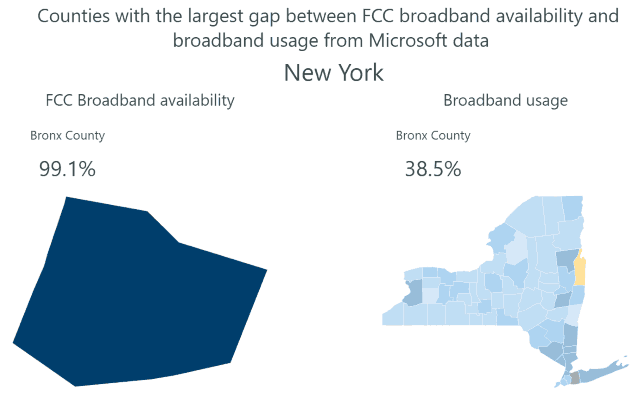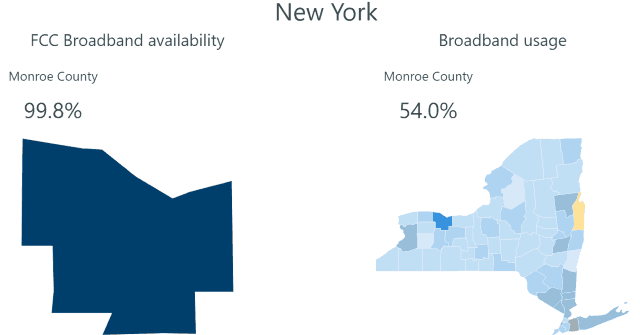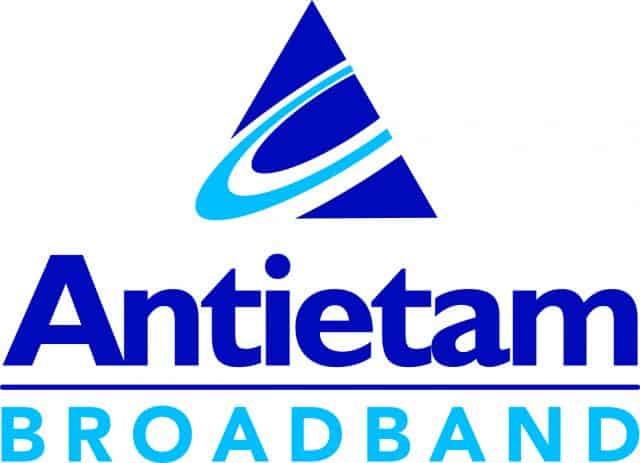 For two months, Hagerstown, Md.-based Antietam Broadband, an independent cable company serving Washington County, has been facing an organized effort to bring its broadband business to its knees.
For two months, Hagerstown, Md.-based Antietam Broadband, an independent cable company serving Washington County, has been facing an organized effort to bring its broadband business to its knees.
A series of prolonged service outages that the cable company characterized as a “multi-pronged concerted attack” affected both internet and voice service for 40-50% of its customers. A “malicious and targeted attack outside of our network” caused connections to slow, and in many cases stop, the company admitted. The attack flooded the company’s service delivery network with “more than one million malicious hits against our network every 5 minutes,” according to Antietam Broadband president Brian Lynch.
As a result, some customers have been without stable service for over a week at a time, and with the attacks continuing for at least two months, many are growing increasingly frustrated by the repeated outages.
“It has come on for an hour and then gone down again,” said Barbara Ewald of Hagerstown, telling the Herald-Media it was her 11th day of problems with her internet service. “I can’t keep crawling around to reset it. I’m not going to try to set it. It’s not my responsibility. We deserve better than this.”
Other customers have experienced outages up to a dozen times a day, depending on how sustained the attacks are on Antietam’s network.
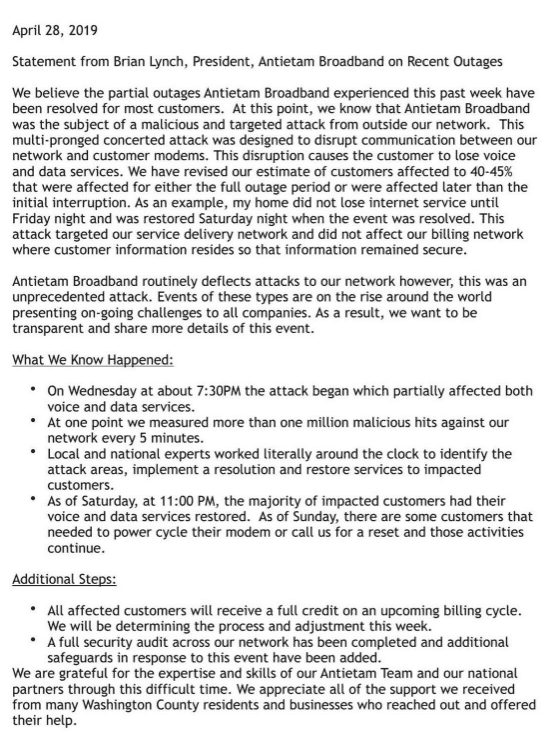
Letter from Brian Lynch, President of Antietam Broadband.
“I’ve never seen anything like it,” Lynch said. “There’s an entity trying to interrupt communication. The way they’re doing it is very unique; it’s multi-pronged.”
Evidently not a traditional denial-of-service-disruption, Lynch won’t go into much detail about the exact nature of the attack, except to say it targets the company’s cable modems which manage voice and data service.
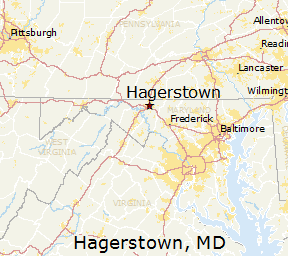 A recent public meeting at the Washington County Free Library attracted at least 80 local residents to complain about the state of Antietam’s service.
A recent public meeting at the Washington County Free Library attracted at least 80 local residents to complain about the state of Antietam’s service.
Penny Wolters of Hagerstown told the audience her son was unable to complete a college assignment in time and some of her bills were paid late because of the ongoing service disruptions. Other subscribers who telecommute or operate in-home businesses had to leave Antietam’s service area to find a reliable connection. Calls to customer service were met “with rudeness” according to several complaining customers. A representative told one customer she should be grateful the company offered her any service credit for an outage that had been a problem for over six weeks.
Even with the help of Cable Labs, CommScope/ARRIS and Zcorum, and security experts from around the country, the attacks continued, although they seem to be ebbing. But after two months dealing with the problem, a local grassroots group, “More Cable Options for Hagerstown” launched to find alternatives for Antietam.
“My goal is to give the citizens of Washington County a platform to discuss their frustration with Antietam Broadband,” organizer Cherish Marriott told the newspaper. “I’d also like to give them the tools and information on how to bring other service providers to the area.”
For Lynch, the priority has become repairing the damage to the company’s reputation.
“We want to personally apologize to our customers for the disruption and frustration these past weeks have caused in your life,” Lynch wrote on the company’s Facebook page. “We recognize the internet and phone services we provide are of the utmost importance to you. We would like to thank you for the support and patience you have shown us during this challenging time.”
WDVM in Hagerstown reports on the service outage issues that began in April. Hagerstown’s mayor wonders why the city apologized for the cable company’s problems. (1:31)
To address customer concerns, Antietam provided this recent update to customers:
- “We have gone two weeks since the last event. We believe that the measures we’ve taken have been effective, and we are closely watching our network in case the attackers try again.”
- “We are increasing the credit to residential customers from two to three weeks. Credits will be automatically placed on your bill. If you previously received two weeks of credit, on your next bill you will see the additional week of credit. These additional credits will include leased modems and/or routers provided by Antietam.”
- “We have seen no evidence that the attackers had access to any customer data stored on our systems.”
- “We will continue to stress test our networks to provide every safeguard available against further cyberattacks.”
Local organizers meet to discuss ongoing problems with Antietam Broadband and what alternatives exist. WDVM reports. (2:00)


 Subscribe
Subscribe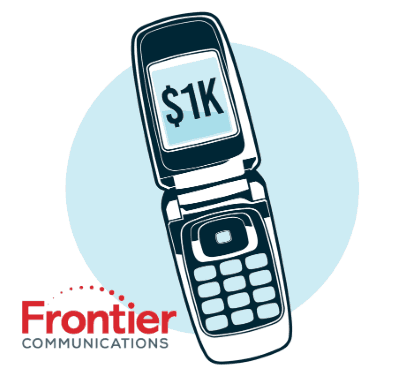 Frontier Communications will pay one smartphone addict $1,000 if they will give up their device for one week and rely on a 1990s-era obsolete flip phone instead. The cringe worthy challenge, soaked in irony, is brought to you by a phone company that delivers late 1990s-era DSL to a substantial number of its customers.
Frontier Communications will pay one smartphone addict $1,000 if they will give up their device for one week and rely on a 1990s-era obsolete flip phone instead. The cringe worthy challenge, soaked in irony, is brought to you by a phone company that delivers late 1990s-era DSL to a substantial number of its customers. AT&T is offering a permanent way out of its 1 TB data cap.
AT&T is offering a permanent way out of its 1 TB data cap.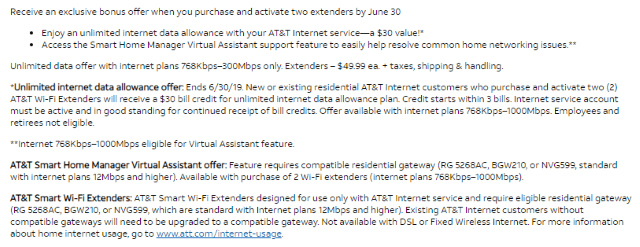
 A stray bullet that hit a fiber optic line in late May eventually disrupted Altice/Suddenlink service in eastern North Carolina and caused a minor outage for the Beaufort County 911 Communication Center.
A stray bullet that hit a fiber optic line in late May eventually disrupted Altice/Suddenlink service in eastern North Carolina and caused a minor outage for the Beaufort County 911 Communication Center.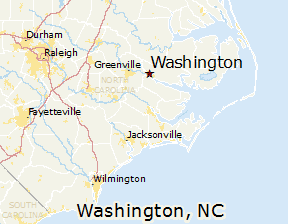 Suddenlink first detected the problem on a Saturday in late May, but did not identify the fiber line as “shot” until a day later, at which point WPD officers responded to the scene. The cable company evidently did not start repairs until after a widespread service outage began.
Suddenlink first detected the problem on a Saturday in late May, but did not identify the fiber line as “shot” until a day later, at which point WPD officers responded to the scene. The cable company evidently did not start repairs until after a widespread service outage began.